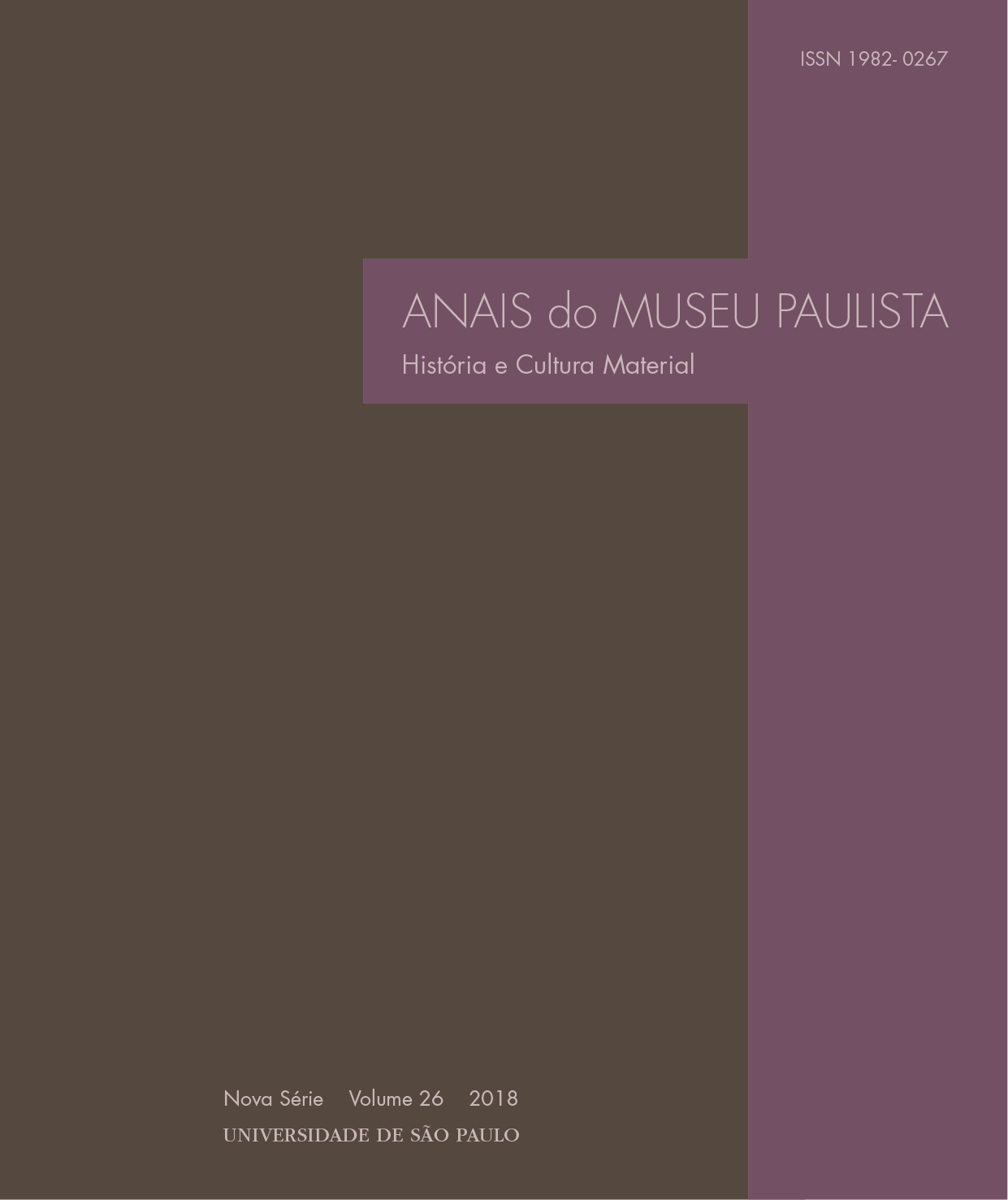Santos Dumont’s mutoscope and the poetics of found footage
DOI:
https://doi.org/10.1590/1982-02672018v26e08Keywords:
Archive, Cinema, Found Footage, Paulista Museum, Reappropriation, Santos DumontAbstract
This article is based on the study of a rare and extraordinary cinematographic artefact of Santos Dumont, which belongs to the collection of the Museu Paulista of the University of São Paulo: a mutoscope reel produced in 1901. From an analytical inventory about the discovery, as well as the identification and the restoration of the object, the genre and the procedures of reappropriating the film archive (found footage) are presented, introducing a sketch of taxonomy with its basic variants and mentioning the experimental found footage film Santoscope = Dumontage, produced in 2010 from the restoration of the 1901 mutoscope film. Some corollary questions are made, using appropriate concepts which are brought into context, such as Hollis Frampton’s metahistory, Walter Benjamin’s allegory of the ruins, and Aby Warburg’s survival of the images. This article also intends to propose the reappropriation of archives as a method and as poetics.
Downloads
Downloads
Published
Issue
Section
License
Autores que publicam nesta revista concordam com os seguintes termos:
- Autores mantém os direitos autorais e concedem à revista o direito de primeira publicação, com o trabalho simultaneamente licenciado sob a Licença Creative Commons Attribution que permite o compartilhamento do trabalho com reconhecimento da autoria e publicação inicial nesta revista.
- Autores têm autorização para assumir contratos adicionais separadamente, para distribuição não-exclusiva da versão do trabalho publicada nesta revista (ex.: publicar em repositório institucional ou como capítulo de livro), com reconhecimento de autoria e publicação inicial nesta revista.
- Autores têm permissão e são estimulados a publicar e distribuir seu trabalho online (ex.: em repositórios institucionais ou na sua página pessoal) a qualquer ponto antes ou durante o processo editorial, já que isso pode gerar alterações produtivas, bem como aumentar o impacto e a citação do trabalho publicado (Veja O Efeito do Acesso Livre).



